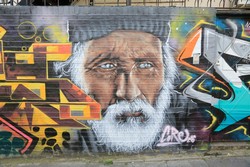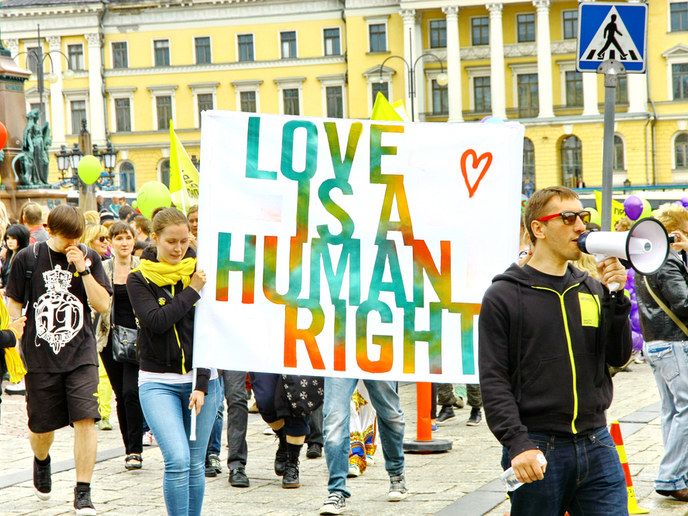Science and society take on social innovation together
Building networks that foster mutual learning between society and the scientific community, with the support of policymakers, has many benefits for communities and individuals. One enterprising endeavour that worked fervently to achieve this aim was the EU-funded project SEISMIC(opens in new window) (SEiSMiC, Societal engagement in science, mutual learning in cities). Mobilising numerous urban actors to identify research and innovation priorities, the project focused on addressing real social needs through a new platform for dialogue and mutual learning. ‘Bridging the gap between the scientific community and society makes science more approachable and understandable in the public sphere,’ says Paul Erian, Research Engineer from the Austrian Institute of Technology, who is coordinating the project. ‘It involves the project in scientific processes and shows that science can achieve changes in our daily lives’. In this way, SEISMIC has helped clarify misconceptions and misunderstandings in science, showing how science can serve society and encourage inclusive processes that achieve better results. To achieve this ambitious objective, the project created national networks in several European countries: Austria, Belgium, the Czech Republic, Germany, Hungary, Italy, the Netherlands, Sweden, Turkey and the United Kingdom. From NGOs and grassroots movements to social innovators, scientists and policymakers, SEISMIC brought together the relevant stakeholders in each country. As a result, the national networks created a powerful dialogue and mutual learning opportunities involving citizens and urban stakeholders to generate ideas that will benefit society. ‘The local workshops are designed in a low-threshold manner so that every interested stakeholder can join,’ explains Mr Erian. ‘The networks actively approach and recruit people to become part in a discussion on urban issues and city,’ he adds. This effectively brings urban issues to the forefront and empowers society towards finding innovative solutions to address them. A crucial part of the project has been the Mobilisation and Mutual Learning Action Plan. ‘The plan gives local stakeholders the ability to comment on issues and cooperate with research organisations,’ says Mr Erian, ‘in addition to providing direct input to EU urban research matters.’ The plan connects people and ideas, as well as creates a deeper understanding of cities’ challenges and how these are being tackled. ‘Understanding what other Europeans are thinking about and giving people the opportunity to collectively think about urban life in Europe is one of the plan’s key advantages,’ Mr Erian comments. In effect, the project has successfully empowered people to initiate projects and initiatives in their community. It has become a platform to collect local knowledge and identify research needs. The newly identified societal needs in urban areas have been taken up by JPI Urban Europe, an EU Member State initiative supporting research to improve European cities’ sustainability, resilience and their liveability. From hotels run by migrants to enhanced involvement for women in governing cities, the new ideas that have emerged from the project continue to shape today’s cities,’ notes Mr Erian. The wide range of urban actors from civil society in the 10 participating countries were exposed to numerous social innovation good practices that foster a more inclusive, sustainable and liveable future for cities in Europe. Even though the project has ended, several of the most active participants in the SEISMIC national networks continue to contribute ideas and experiences via JPI Urban Europe’s Stakeholder Involvement Platform (Agora). This ensures that the project’s results continue to benefit society. Put simply, there is no doubt that social innovations are changing the world we live in to the better, thanks to projects like SEISMIC that have helped redefine the pivotal science-society connection.







